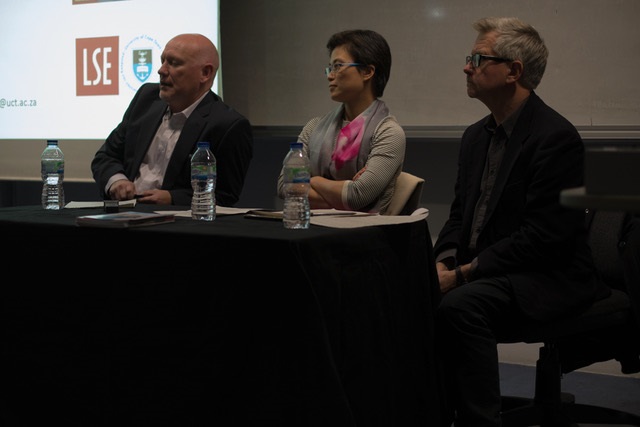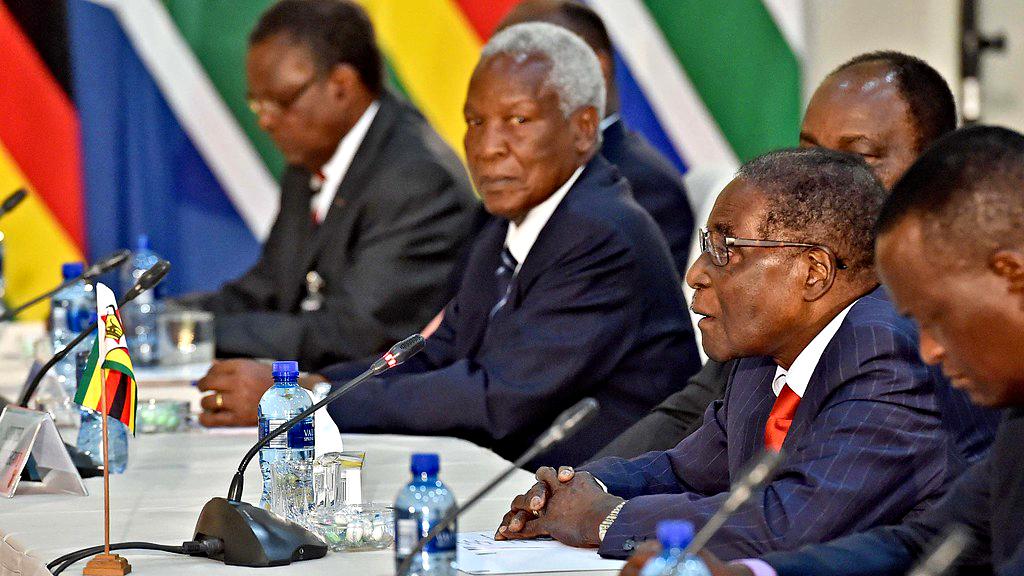Ahead of the LSE UNDP EU Kapuściński Development lecture, LSE’s Gerardo Serra reviews Artur Domosławski’s biography of Polish writer Ryszard Kapuściński.
With the death of Ryszard Kapuściński in 2007, the world lost an acute observer of political and social change in the developing world, and the author of many unforgettable pages. With his accounts of appalling living conditions in 1950s Poland, the “football” war between Honduras and El Salvador in the 1969, and wars and coups in Africa, Kapuściński became famous worldwide as “the romantic reporter running about the world in pursuit of revolutions, rebellions and liberation movements” (p. 63).
However, even during his life several critical voices rose to question the truthfulness of his writings, and raised doubts, in a context still dominated by the paranoid atmosphere of the Cold War, on his almost life-long commitment to socialism, and his involvement with the Polish Communist Party. He has also been the subject of criticism by some African writers with Kenyan writer Binyavanga Wainina describing him as “a fraud, a liar and a profound and dangerous racist.”
The author of the volume, Artur Domosławski, a Polish journalist writing on international politics and an old acquaintance of Kapuściński, provides us with an extremely rich and enjoyable biography, mixing the painstaking craft of the committed historian with the sympathetic and human eye of the friend and collaborator.
Domoslawski’s starting point is the enigmatic smile, practically a constant feature in portraits of Kapuściński. It is the smile of someone who has seen the drama of human history unfolding before his eyes on multiple occasions. But Kapuściński’s smile is also the mark of his elusiveness, a powerful tool in the hands of a person with many things to hide, the useful device of a “practical” journalist who knew how to pull the right strings in a one-party state to obtain what he wanted.
The book covers the whole of Kapuściński’s life, from birth in inter-war Poland to global literary fame of the post-cold War era, and follows him through his epic journeys in Latin America, Asia and the Middle East. However, it was to Africa that Kapuściński was most attached, and it was the place which helped him find his authentic voice as a writer. His first trip to Ghana in 1958 marked the beginning of a love for Africa and Africans which would lead Kapuściński to live on the continent for several years. Kapuściński kept returning to Africa all his life, and arguably wrote about it in his most important books (p. 175).
The analysis provided by Domosławski of Kapuściński’s writings on Africa can be used as a lens to unravel the web of politics, poetry and humanity which characterised most of his work. Kapuściński had been a privileged participant of both the high hopes associated with socialism and decolonisation, and a melancholic observer of the demise of these two collective dreams.
From the luxurious setting of the 1963 All Africa Conference in Haile Selassie’s Ethiopia to the degrading poverty of Lagos’ shanty towns, from apartheid-ridden South Africa to rural Uganda under the cruel rule of Idi Amin, Kapuściński, with a little money from the Polish Press Agency and much spirit of adaptation, sipped beer with the first generation of independent African leaders, contracted cerebral malaria while Tanzania was celebrating her independence from British rule, and accompanied revolutionary militia groups during the Angolan civil war. During his travels in Africa, Kapuściński was able to build an iconographic world which incorporated devouring passions, moving (yet not rhetorical) tales of poverty and struggle, and the shadows of totalitarian powers.
On the other hand several of Kapuściński’s African tales have been disproved by subsequent research: the recollection of his experience in Congo in the tense days following Lumumba’s assassination was overtly exaggerated, important details from his chronicle of the Angolan Civil War were purposely omitted, and there are many doubts about the accuracy of his reconstruction of life at Haile Selassie’s court.
Given the “exotic” setting of many of Kapuściński’s most famous books and his deliberate attempt to create in his writing a partly-fictional report, it would have been easy to present Kapuściński as a romanticised ideal. Fortunately Domosławski did not fall into the trap of writing a hagiography. Instead, through extensive research and an impressive collection of interviews, the author offers the complex portrait of a multi-faceted man who, while not always presenting truthful accounts, has certainly given his readers many strong emotions, and much to think about on the way the twentieth century history exacted its toll.
At the same time the book raises deep and uneasy questions about the blurred line between facts-based journalism and fiction, between objectiveness and ideology, and the politics of first-hand observation. The author of this review strongly suspects that, while the accuracy of Kapuściński’s accounts is going to be a contentious topic still for some time, it is for its capacity to give voice to those whom Fanon called “the wretched of the earth” and for its unmatched talent in evoking the smells and colours of remote corners of the world, rather than for its adherence to factual ‘truth’, that Kapuściński’s work should be remembered. Perhaps more importantly, Western travellers to the tropics, who sooner or later experience a mixture of joy and estrangement that is difficult to describe, will still find in Kapuściński’s book,s and in this biography a great source of consolation.
Ryszard Kapuściński: A Life by Artur Domosławski (2012), London and New York: Verso






